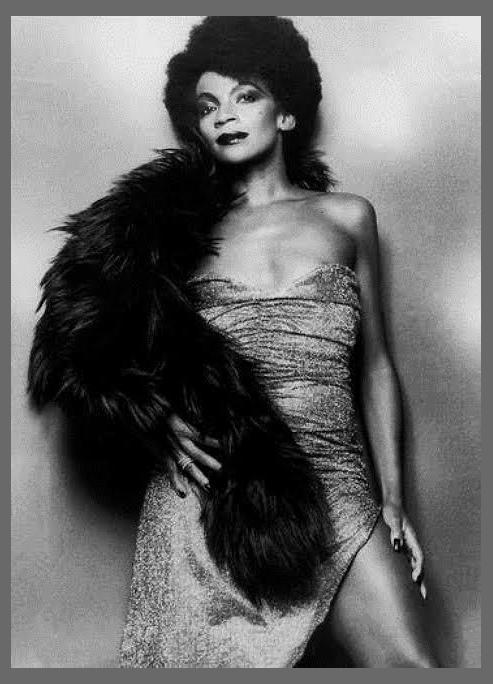 Zezé Motta
Zezé Motta
Zezé Motta: A Musical Journey with Dengue and Beyond
Zezé Motta, the renowned Brazilian singer, actress, and producer, burst onto the music scene with her infectious song "Dengue" in 1984. The track became an instant anthem, propelling her to stardom and establishing her as a formidable force in the Brazilian music industry.
Challenges and Controversies:
Throughout her career, Zezé Motta has faced her fair share of challenges. As a black woman in a predominantly white-dominated industry, she encountered prejudice and discrimination. Her outspoken advocacy for racial and gender equality often drew criticism from conservative circles.
Discography:
Despite the obstacles, Zezé Motta's musical legacy is undeniable. Her extensive discography spans over four decades, encompassing a diverse range of genres, including samba, MPB, and pop. Some of her most notable albums include:
* Zezé Motta (1984)
* Rumo à Felicidade (1987)
* Afrocanto (1992)
* Mosaico (2000)
* O Canto da Sereia Negra (2013)
Members:
Zezé Motta's band has undergone several lineup changes over the years. However, the core members who played on the original recording of "Dengue" include:
* Zezé Motta (vocals)
* Renato Braz (guitar)
* Paulo Moura (saxophone)
* Luizão Maia (bass)
* Mario Telles (drums)
Musical Contributions:
Beyond her own music, Zezé Motta has made significant contributions to Brazilian culture through her collaborations with other artists. She has performed with legendary musicians such as Jorge Ben Jor, Chico Buarque, and Gilberto Gil. Her work has also been featured in numerous films and television shows.
Legacy:
Zezé Motta's music continues to resonate with audiences today. Her songs, particularly "Dengue," evoke the vibrant spirit of Brazil while addressing issues of social justice. Her activism and advocacy have earned her respect and admiration both within and outside the music industry. As a pioneer and icon, Zezé Motta has left an indelible mark on Brazilian culture and beyond.
Zezé Motta, the renowned Brazilian singer, actress, and producer, burst onto the music scene with her infectious song "Dengue" in 1984. The track became an instant anthem, propelling her to stardom and establishing her as a formidable force in the Brazilian music industry.
Challenges and Controversies:
Throughout her career, Zezé Motta has faced her fair share of challenges. As a black woman in a predominantly white-dominated industry, she encountered prejudice and discrimination. Her outspoken advocacy for racial and gender equality often drew criticism from conservative circles.
Discography:
Despite the obstacles, Zezé Motta's musical legacy is undeniable. Her extensive discography spans over four decades, encompassing a diverse range of genres, including samba, MPB, and pop. Some of her most notable albums include:
* Zezé Motta (1984)
* Rumo à Felicidade (1987)
* Afrocanto (1992)
* Mosaico (2000)
* O Canto da Sereia Negra (2013)
Members:
Zezé Motta's band has undergone several lineup changes over the years. However, the core members who played on the original recording of "Dengue" include:
* Zezé Motta (vocals)
* Renato Braz (guitar)
* Paulo Moura (saxophone)
* Luizão Maia (bass)
* Mario Telles (drums)
Musical Contributions:
Beyond her own music, Zezé Motta has made significant contributions to Brazilian culture through her collaborations with other artists. She has performed with legendary musicians such as Jorge Ben Jor, Chico Buarque, and Gilberto Gil. Her work has also been featured in numerous films and television shows.
Legacy:
Zezé Motta's music continues to resonate with audiences today. Her songs, particularly "Dengue," evoke the vibrant spirit of Brazil while addressing issues of social justice. Her activism and advocacy have earned her respect and admiration both within and outside the music industry. As a pioneer and icon, Zezé Motta has left an indelible mark on Brazilian culture and beyond.